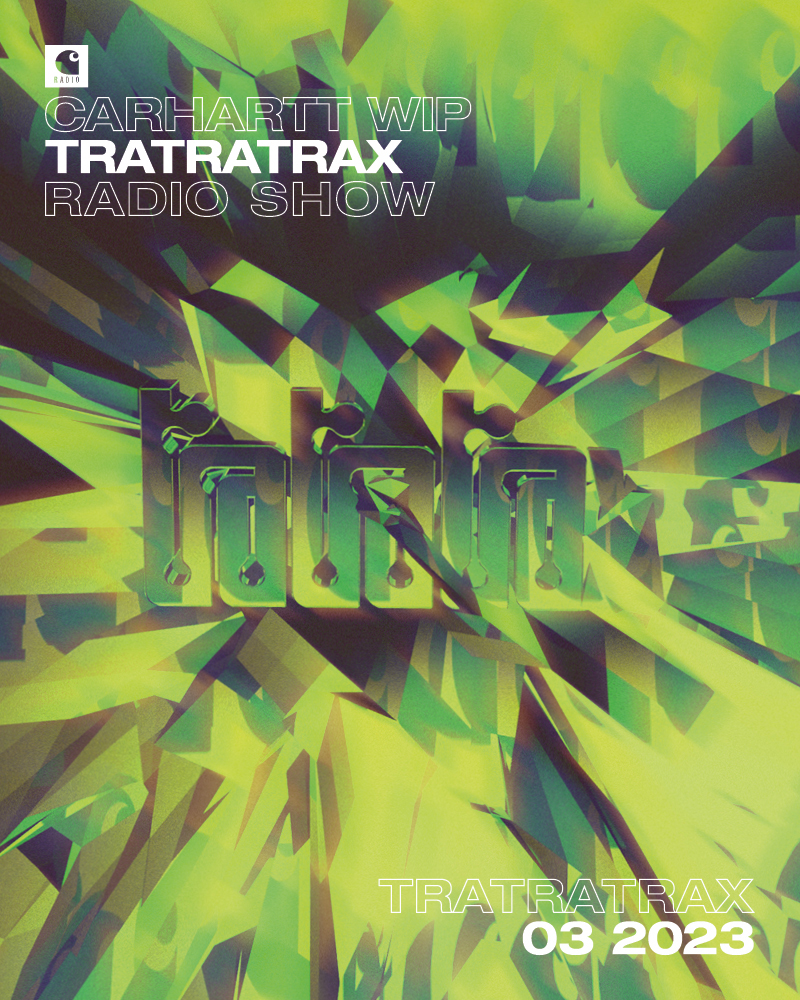Květnová Carhartt Wip Radio Show - @tratratrax

If there was a label that dominated 2022, it was TraTraTrax. The Columbian imprint’s releases resounded throughout the festival circuit and topped numerous end-of-year lists, bridging the gap between pan-Latinx club scenes and the rest of the world. But despite being able to reflect the zeitgeist so accurately, TraTraTrax is more than just the label of the moment. “Our responsibility is to be one step ahead of that,” its founders say. “So that whatever we put out doesn't feel generic, but on the contrary, opens up new horizons.”
Launched in 2020 as a sub-label of Insurgentes, a Medellín-based platform focusing on IDM, ambient, and braindance, TraTraTrax was founded by Nyksan, DJ Lomalinda, and Verraco. The trio sought to dismantle the conventions of electronic club music by fusing it with the rhythms of Latin America and its diaspora, like dembow, guaracha, and cumbia. “We freed ourselves from the conservative veil that was always imposed on us by the techno promoters in Medellín or Bogotá, who said that this genre was pure and could not be mixed with anything,” says the label.
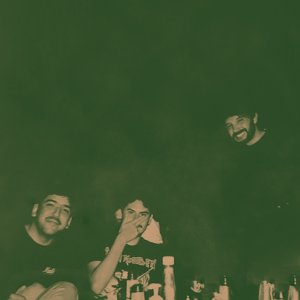 TraTraTrax DJ Lomalinda/Verraco/Nyksan
TraTraTrax DJ Lomalinda/Verraco/Nyksan
The label’s roster is growing fast, including acts like Ecuadorian artist Nicola Cruz and Peruvian duo Dengue Dengue Dengue, as well as Miami-based producers Nick Léon and Bitter Babe. Additionally, TraTraTrax has played several global showcases, including events in Berlin’s OHM as part of Tresor’s 31st birthday; London’s Venue MOT space with Cotch International; and La Quiñonera in Mexico City, in collaboration with Discos Movimiento. The label is also set to play another showcase at this year’s Dekmantel Festival in Amsterdam.
TraTraTrax put out its 10th and biggest release yet in November 2022, titled no pare, sigue sigue ("don't stop, keep going"), illustrating just how expansive the group’s sounds and senses are. The 16-track compilation features songs from the likes of Nick León & Luca Durán, Lila Tirando a Violeta & Sin Maldita, Loris, Safety Trance (aka Cardopusher), and Mari Herzer.
For this episode of Carhartt WIP Radio, TraTraTrax’s founding members created a mix spanning the outer edges of bass, reggaetón, broken techno, perreo, and tribal prog. As ever, the mix is accompanied by an interview with the show’s hosts, who discuss the importance of Columbia in the label’s history, the onomatopoeic origins of its name, and the contemplative direction that they plan on taking with TraTraTrax in the future.
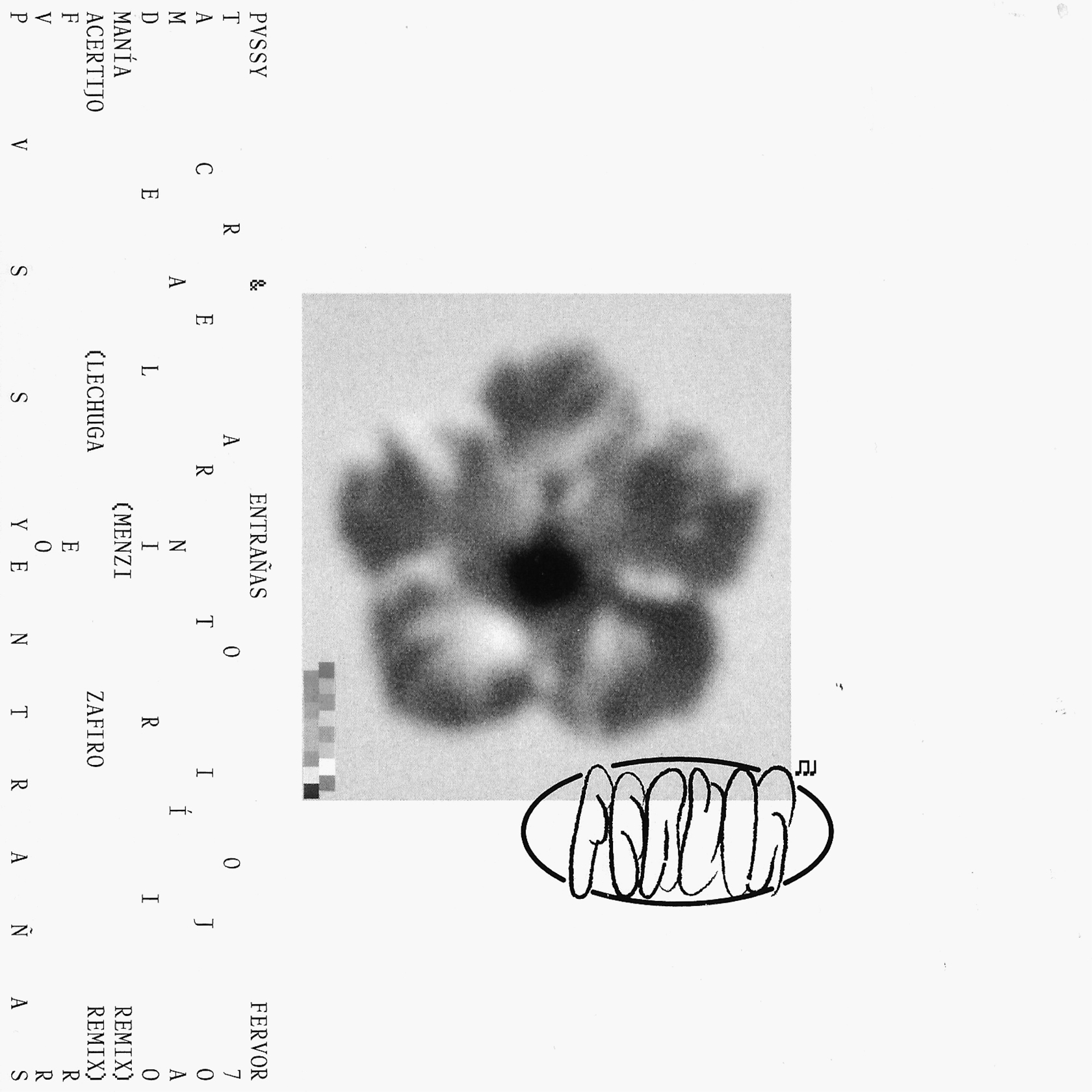
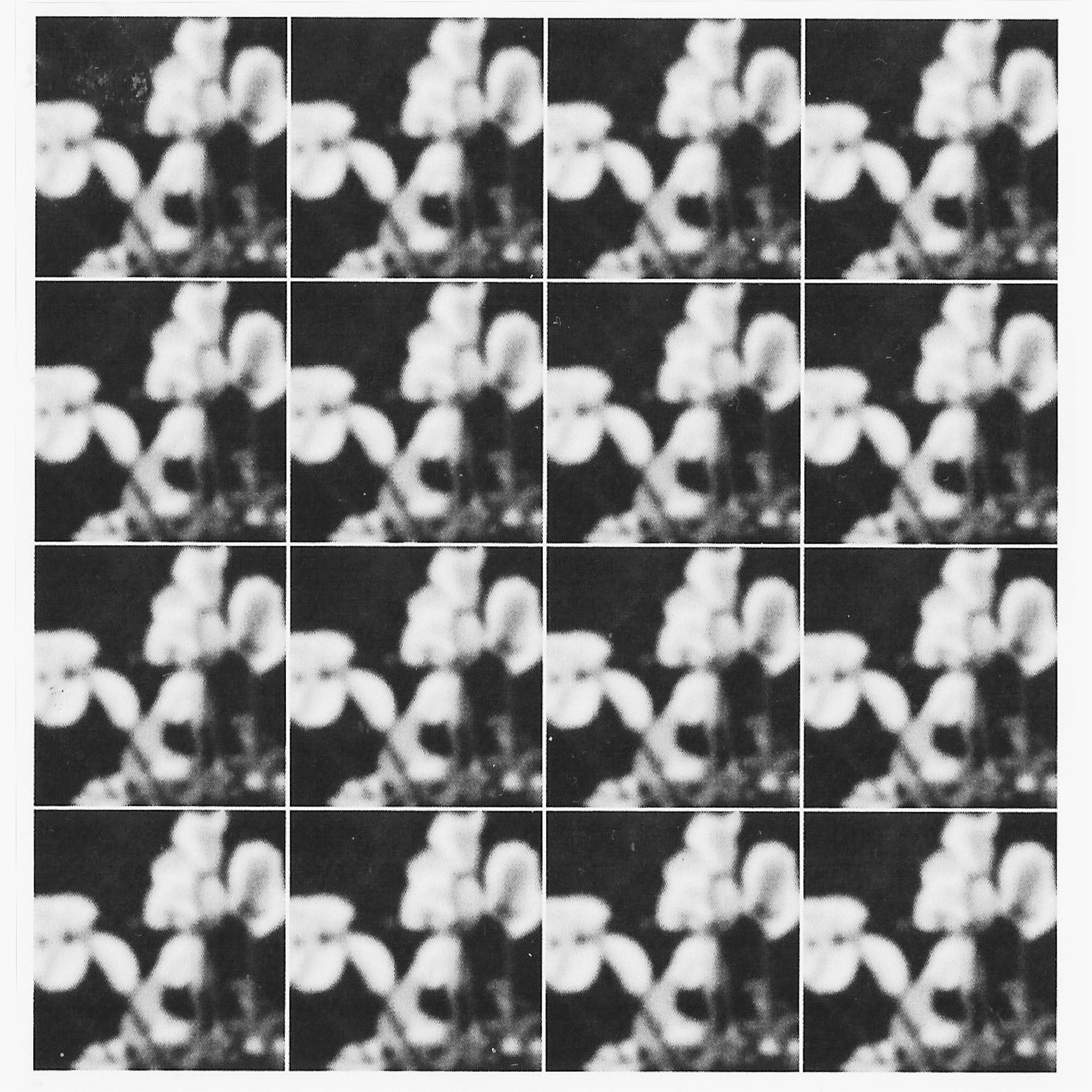

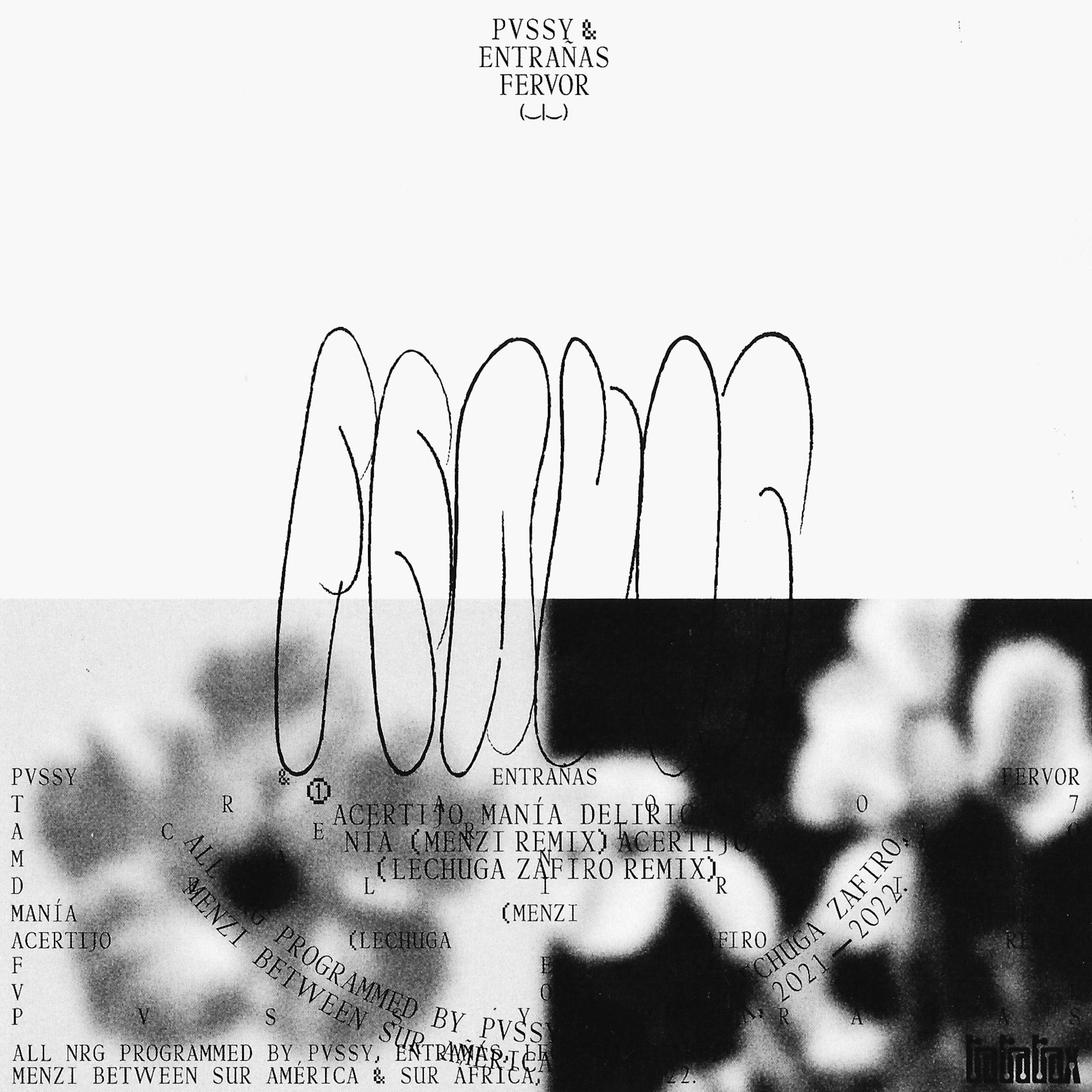
You launched TraTraTrax in 2020. What was the idea behind starting it?
TraTraTrax: We don't think we've ever spoken publicly about this, but the plain truth is that for some years it was making us uncomfortable that people from the Global North were being recognized as the stalwarts of some rhythms and genres that were much closer to us, when we literally grew up and developed alongside them, from high school to adulthood. On the other hand, when we managed to have a greater understanding of our identity, we freed ourselves from the conservative veil that was always imposed on us by the techno promoters in Medellín or Bogotá, who said that this genre was pure and could not be mixed with anything. So, we faced this sound fascism and decided to collide the techno, bass, and breaks that we liked so much with rhythms like Dembow, Guaracha, Cumbia, Baile Funk, and many more. And now here we are…
What’s the story behind the label’s name?
TraTraTrax: When we were thinking about some names, Nyksan came up with a brilliant idea: a play on words using the onomatopoeic ‘TRA,’ featured in a lot of Champeta and seminal reggaeton songs, meaning when a woman shakes her ass with her partner on the dancefloor, marking the rhythm of the song. ‘TRAX’ you’ll already know.
How important is Colombia in the label’s history? Could you operate from any other place in the world?
TraTraTrax: For the creation of the label, our country and its contradiction between violence and peace were transcendental. Even for our day-to-day development, it is key to continue to have a foot in our territory, in order to not alienate ourselves or forget where we come from, and why we’re doing what we’re doing. But also, sonically speaking, our geographical location has allowed us to absorb a lot of rhythms that had to pass through Colombia. That's why, even though we were huge enthusiasts of techno, or the ambient and IDM sounds imported from the UK, we had to inject these with what felt the closest to us.
A majority of the artists on your label are from Latin America. What do you think makes the contemporary Latin American music scene so special?
TraTraTrax: There is currently a very interesting period of fertility, but the truth is, it has always been like that. There has always been an enormous richness, a gigantic cultural plurality that makes fresh things come out. There are not so many homogenized patterns as in smaller territories in Europe. And it hurts a bit because in the past, there have been very interesting, risky projects coming out of the region that have been overlooked. Now, there is a little more focus on us coming from the Global North. And they have the platforms so, one plus one 1+1…
For the creation of TraTraTrax, our country and its contradiction between violence and peace were transcendental.
Do you think there’s still a need for record labels in today’s music market?
TraTraTrax: Of course, more than ever. Especially in an industry that is oversaturated with too much information and not so many thoughtful releases. A platform that tells a story, that does curatorial work, is extremely important. Don’t get us wrong, we cheer on and value the people who haven't followed the rules, and have made their entire career through self-management, directly uploading their material to Bandcamp, we absolutely respect them. However, we do feel that the figure of labels in the independent market is still vital to help amplify new blood and create careers.
Do you see TraTraTrax as a club label or as an open platform for all sorts of moods?
TraTraTrax: Definitely, the main activity or purpose of the label is to get people up off their asses. However, we will soon start a new series on something that has always been fundamental to us: contemplation.
Does the market influence your judgment on what to release?
TraTraTrax: Yes, of course. We try to be at the antipodes of trends. Even if we are kind of trend-setting now, we are always very attentive to move fast, and come out with fresh and genuine tracks. For example, it's obvious that now a lot of people are going to try to copy guaracha rhythms, deep reggaeton, speed dembow, and techno-ton. Our responsibility is to be one step ahead of that, so that whatever we put out doesn't feel generic, but on the contrary, opens up new horizons.
How do you go about finding new artists to sign for the label?
TraTraTrax: We don't like to receive demos so much. Rather than leaving a good release to chance, we take our curatorial work very seriously. Of course sometimes – very occasionally – nice surprises come along, but we focus more on trying to discover what's underneath the stones that no one is lifting. We still try to manage a balance. In the label, you will find heavyweights from the regions that everybody knows, but also emerging talent that isn’t on the radar. We try to divide the work by territories, as each of us has certain preferences for certain regions. We are also DJs and are in a state of perpetual digging, so this helps a lot in being aware of what's coming out, especially in the Global South.







TraTraTrax artworks
1/7
So far, all your releases have been digital. Do you have any upcoming plans for vinyl releases?
TraTraTrax: Yes, actually. Probably by the time this is published "Los Totes 1" will already be out, a vinyl-only series featuring the label's ‘greatest hits,’ but that also includes remixes and unreleased variations. Big up to Rubadub because they are helping a lot to make this series real. Actually, the Dengue Dengue Dengue release with Prisma from last May, featuring remixes by DJ Python and Verraco, also came out on vinyl and is already sold out.
What is something you’ve learned through music that has helped you in life?
TraTraTrax: We will illustrate it with a poem by Antonio Machado, which is in Spanish:
Sabe esperar, aguarda que la marea fluya
-así en la costa un barco- sin que el partir te inquiete
todo el que aguarda sabe que la victoria es suya
porque la vida es larga y el arte es un juguete
Y si la vida es corta
y no llega la mar a tu galera
aguarda sin partir y siempre espera
que el arte es largo y además no importa
Can you send us a picture that best illustrates your current state of mind?
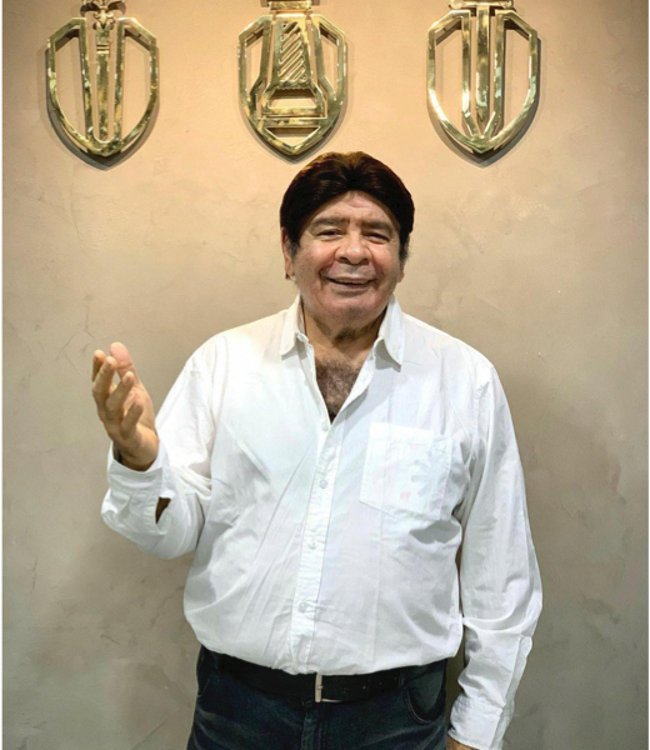 Fruko, of the iconic Medellín salsa band Fruko y sus Tesos
Fruko, of the iconic Medellín salsa band Fruko y sus Tesos
Who is the one person, alive or dead, you would most like to have dinner with?
Verraco: Teófilo Gutiérrez.
Nyksan: Roberto Bolaño.
DJ Lomalinda: David Zilber.
What is one sacrifice you had to make to be where you are today?
TraTraTrax: Unfortunately, education in Colombia is not a right, it is a privilege. It should not be like that but well, it is the reality here. The three of us have been fortunate to have it, so more than sacrifices, what we feel has differentiated us from friends who have similar plans, is the commitment, responsibility and irrepressible desire to have a seat at the table of the main discussion, despite our place of enunciation.
Do you have any upcoming releases, collabs or shows under your individual monikers that you’d like to share?
Verraco: One or two dancefloor-focused releases and many exciting dates between Latin America and Europe with a lot of friends.
Nyksan: I also work as a sound artist. I just finished the sound for a documentary related to the impact of the Hidroituango. I'm also working with the Mexican artist Juan Antonio Garcia on an installation at STRP Festival in Amsterdam. Finally, I have been building a lot of ‘ambient’ music that hopefully will see the light soon.
DJ Lomalinda: I’m putting the final pieces together for what my first EP will be, so that is exciting!
